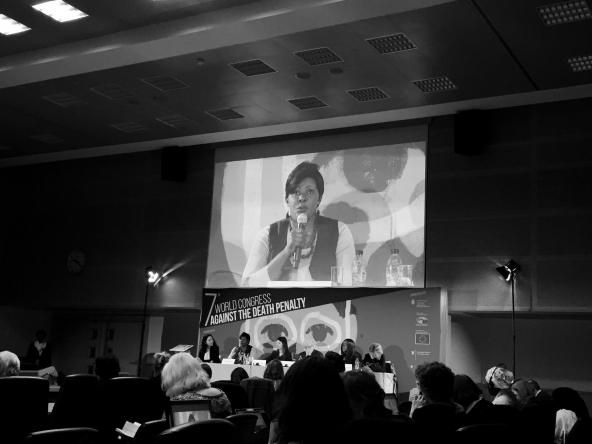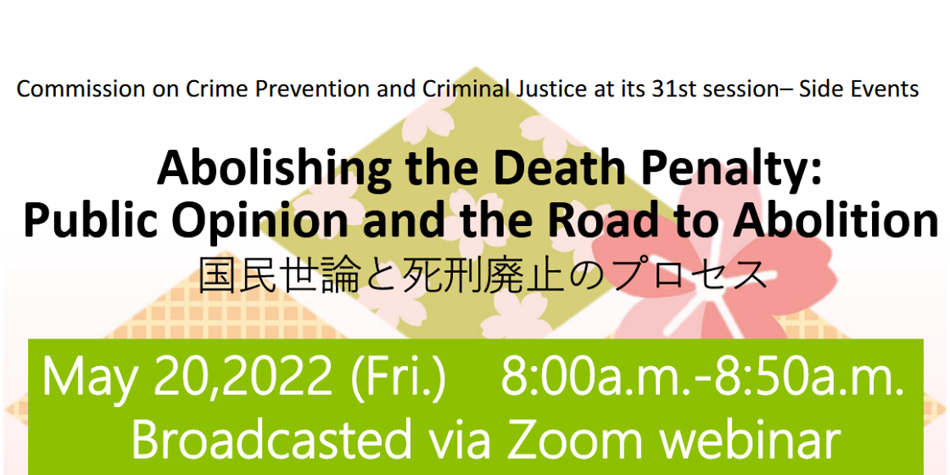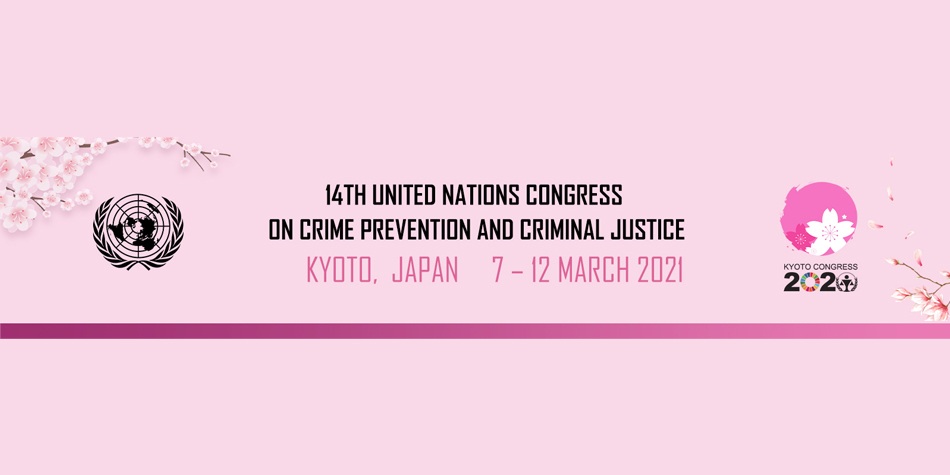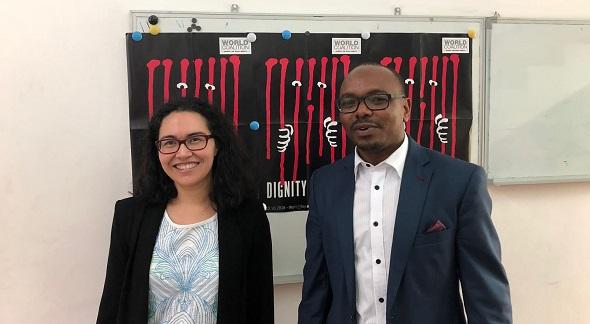
7th Congress – The new challenges of the abolitionist movement
World Congress
Gathered for 3 days in Brussels on the occasion of the 7th World Congress Against the Death Penalty, abolitionists from all over the world shared their experiences to consolidate the movement in favor of the right to life. This is a decisive initiative at a time when few countries are maintaining their use of the death penalty or even considering using it again.
New strategies and actors working for a single objective: the universal abolition of the death penalty
The Congress served as a showcase for the main initiatives taken by private companies who are concerned with their consumers’ commitments. Their fields of action are unique inspirations for the abolitionist movement: refusing to provide the prison administration with the products used during lethal injections, financing philanthropic companies (Virgin Unite) or engaging and conducting fundraising campaigns. From 15 to 25 May, 2017, Lush Cosmetics put up for sale bath bombs whose profits were entirely donated to abolitionist organizations, for a total of nearly $150,000.
Alongside the usual abolitionists (journalists, lawyers, judges, politicians, etc), an emphasis was placed on involving younger generations and influencing conservative political opinion to move the abolitionist cause along.
Making the link between the abolitionist and feminist movements
The Congress highlighted the issue of gender discrimination, which is still often excluded from the concerns of lawyers, academics and even activists. The work of Cornell University’s Law School, represented by its director Delphine Lourtau, highlights the gender bias suffered by women sentenced to death. Their report, entitled "Judged for more than her crime", available online, shows that women sentenced to death constitute an invisible population, victims of abuse by their spouses, forced prostitution or marriage, without these circumstances being taken into consideration by judges during deliberation, while their alleged status as "bad mothers" or "bad wives" is exacerbated.
The seminar gave rise to an intense debate on the alliance between abolitionist and feminist movements; should the detention of women be considered different from that of men and act on the basis of the differences identified, or should universal action be considered without arbitrary gender distinction? Some of the advocacy options explored include convening visits to prisons or seeking the support of UN women.
The Congress, rich in firsthand accounts, mirrored the overall image of the abolitionist movement- open to involve all opinions in favor of human rights and concerned with regularly breathing new life into the movement.
Photo credits: Harm Reduction International
Categories
Public Opinion





